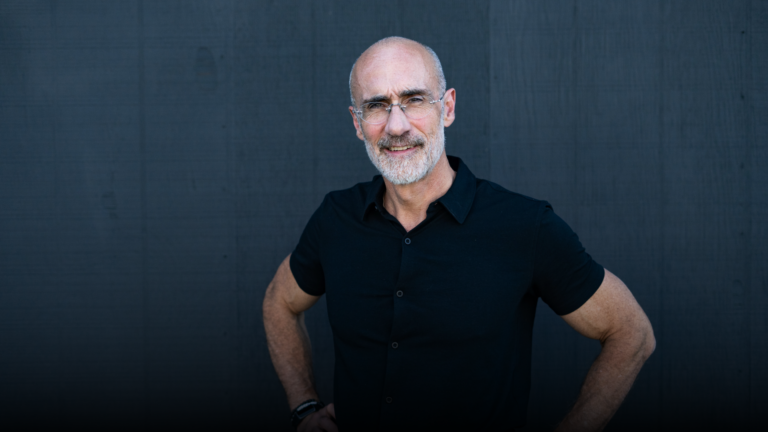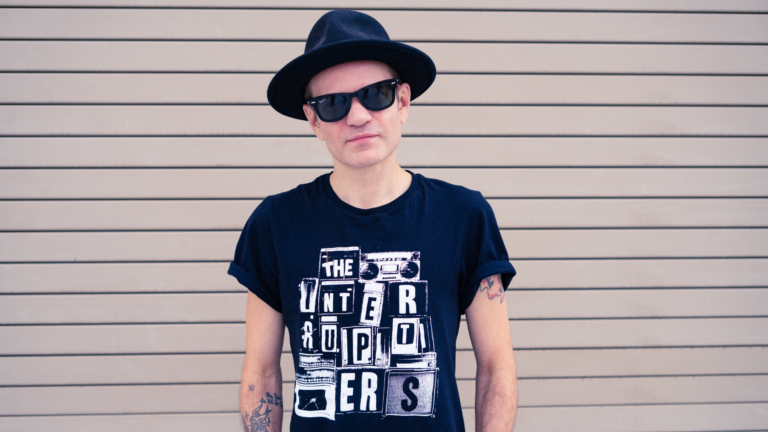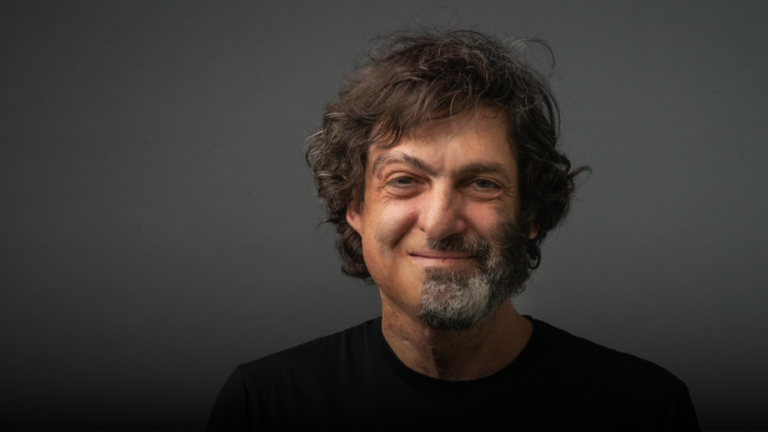This conversation is loaded. The center of the conversation is Dr. Harry Edwards journey to impact human rights through the experiences of the African American athlete.
Often times when people are asked, what they want most in life, the response, without hesitation, is “to be happy — or to have peace.” I know for sure that I don’t want, just happiness. I don’t want just one of the core emotions. I want to be connected to them all, not muted from the ones that are uncomfortable.
In this conversation Dr. Edwards did just that — he felt and shared sadness, frustration, fear — he taught me more about how he lives his life in this fashion, than he did with his words — and his words are precise and thoughtful.
After completing his Bachelor’s degree, he was “on the draft board” for an NFL team and rather chose to go to Cornell University where he completed a M.A. and a Ph. D. in sociology. He later became a professor of Sociology at the University of California at Berkeley from 1970-2000.
He is a human rights activist. He was an influential member of the Black Panthers. He was the catalyst for the famous fist raise at the 1968 Olympic Games medal ceremony for the 200-meter track event.
He was followed by the FBI as he fought for what he believed in.
He’s been consulting with the San Francisco 49ers since the mid 1980’s
We talk about what he sees as the most pressing issues for sport & society going forward.
This includes the increasing majority of African Americans in the NFL, the impact women’s health care has on the future of college sports and beyond, the issue of marijuana legalization and its relationship to athletes, and why you can either choose to make Colin Kaepernick a martyr or a model.
“I think that activism without scholarship ultimately is conducive to nothing so much as chaos and confusion.”
In This Episode:
- His first experience with racial injustice and violence: the Emmett Till lynching
- Why unintended racism in high school obstructed him from obtaining a proper education
- How one neighbor believing in him paved the way for him to head to California for college
- Why he chose to go to Cornell for graduate school instead of playing professional football or basketball
- His experiences working with the likes of the Black Panthers, Malcom X, MLK, and Bobby Kennedy
- How he became enamored with the sociology of sport and his passion for scholar activism
- Being followed around by the FBI for staying true to what he believed in
- How he was able to see the drug/athlete epidemic coming in the 1980s
- The commitment to the analysis of sport & society.. make future events very predictable
- Why the assault on women is the greatest human rights issue America faces
- The future of the NFL: predominantly African-American
- Why Roe v. Wade had a such a big impact on sports and beyond.. specifically women’s healthcare
- Marijuana in sports: how it impacts team culture and what’s in store if it becomes fully legalized
- Why Colin Kaepernick is right for what he did and the respect he maintains for the National Anthem
- The core values for a team that deals with a crisis: identity, attitude, culture, and accountability
- Why courage is the most important value



